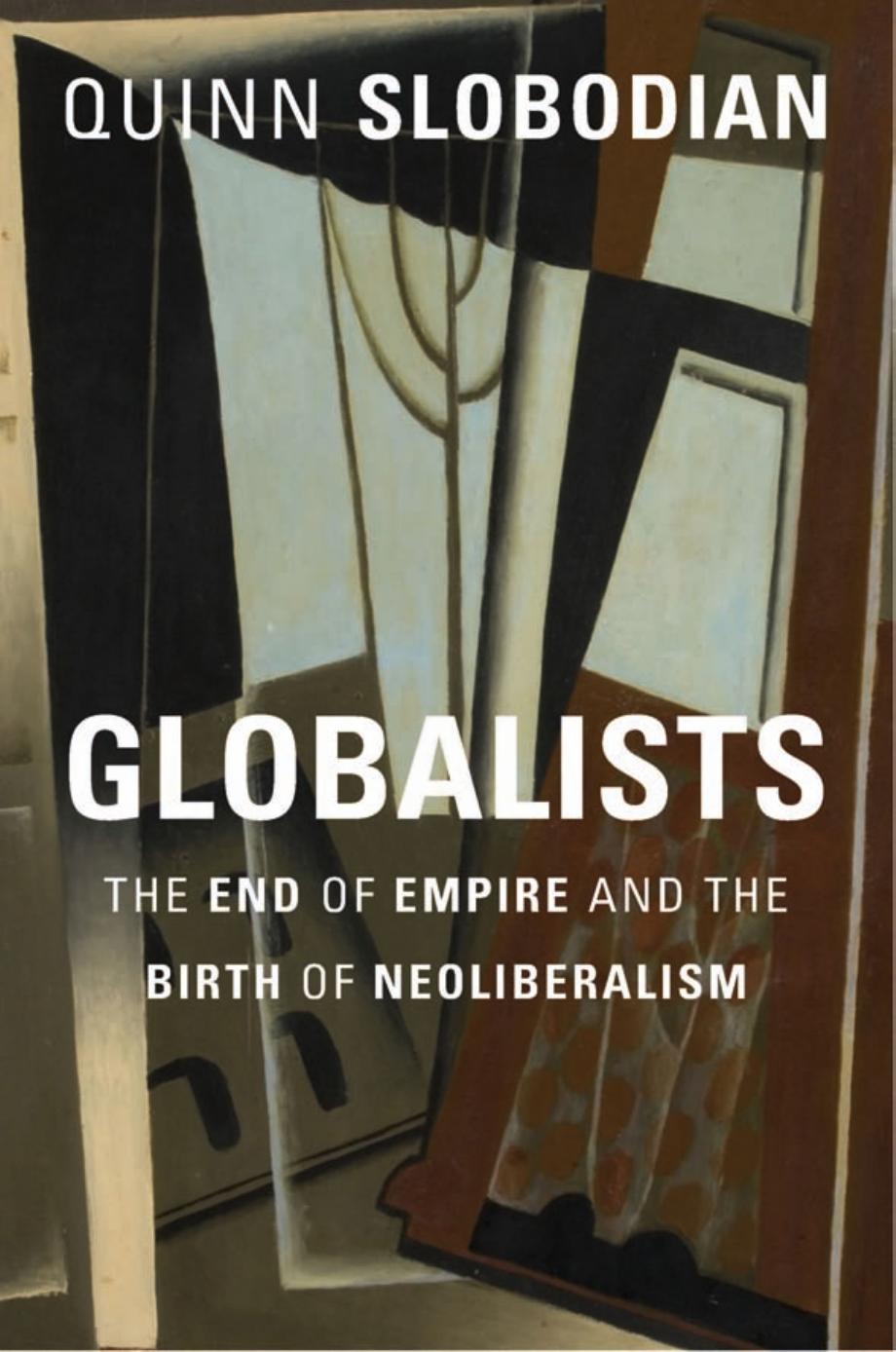Globalists by Quinn Slobodian

Author:Quinn Slobodian
Language: eng
Format: epub, pdf
Publisher: Harvard University Press
THE CONSTITUTIONALISTS: THE TREATY OF ROME AS THE BIRTH OF MULTILEVEL GOVERNANCE
The Treaty of Rome produced a crucial split in the camp of neoliberal intellectuals. To one side were those who favored what Röpke called “universalist solutions.”121 The very Austrians and Germans who had proposed federal and supranational solutions through the 1930s and 1940s opposed European integration, fearing that it would obstruct the broader approach of the GATT and lead to the contagion of French dirigisme in Western Europe. The Haberler Report itself was a banner case of how Euroskeptic neoliberals not only pined for the return of a “liberalism from below,” lost since 1914, but also backed the search for a neoliberal fix to secure the open world economy.122 In a report about the European Common Market submitted to the U.S. Congress months before the Treaty of Rome came into force, Haberler emphasized the need to strengthen GATT as a “watchdog” against Europe. “It is before GATT,” he wrote, “that US and the interests of other outsiders (e.g. those of the other American states and Japan) can be best defended.”123 In a key move, Haberler spoke on behalf of not only the United States but also “outsiders.” In a piece written in a festschrift for Erhard the same year, Haberler spoke similarly about the outsiders, including “Latin American countries, which are much poorer than Europe,” that will be injured by European trade discrimination “and had no reason to accept this injury calmly.”124 Europe itself may profit, Haberler argued, “but the world economy as a whole loses.”125 “The question about an alternative to discriminatory integration policy is easy to answer. The alternative is: overall trade liberalization [as advocated by GATT].”126
Even against Haberler’s precise intentions, his report launched a new era at the GATT. As a follow-up to the Haberler Report, the contracting parties at their thirteenth session in November 1958 decided to establish three committees to examine various types of action to promote an expansion of international trade.127 The working group called “Committee III” initiated a “permanent shift” in the GATT relationship to developing countries in favor of their demands for market access.128 For the next two decades, the developing countries were able to use GATT successfully to lobby for exemptions from “disciplines” of nondiscrimination and for permission to deviate from the strictures of the treaty.129 One scholar notes that Haberler openly opposed the interpretation of the report’s finding as proof for the theory of the declining terms of trade, arguing instead that “more trade” would solve the problem in the long run.130 In 1964 he declared confidently that “the less developed countries have greatly benefited from the expansion of world trade and that the prosperity in ‘the industrial centers’ has spread to ‘the less developed periphery.’ ” Failure to grow more quickly was the fault of their own protectionism.131 In a notable irony, the Geneva School attempt to lock in liberal trade policy through the Haberler Report ended up creating the conditions for the precise opposite: ammunition for a Global South argument against a one-size-fits-all application of trade rules.
Download
This site does not store any files on its server. We only index and link to content provided by other sites. Please contact the content providers to delete copyright contents if any and email us, we'll remove relevant links or contents immediately.
The Secret History by Donna Tartt(16610)
The Social Justice Warrior Handbook by Lisa De Pasquale(11485)
Thirteen Reasons Why by Jay Asher(7782)
This Is How You Lose Her by Junot Diaz(5753)
Weapons of Math Destruction by Cathy O'Neil(5030)
Zero to One by Peter Thiel(4817)
The Myth of the Strong Leader by Archie Brown(4785)
Promise Me, Dad by Joe Biden(4440)
Stone's Rules by Roger Stone(4412)
Beartown by Fredrik Backman(4404)
How Democracies Die by Steven Levitsky & Daniel Ziblatt(4392)
The Fire Next Time by James Baldwin(4337)
100 Deadly Skills by Clint Emerson(4071)
A Higher Loyalty: Truth, Lies, and Leadership by James Comey(4025)
Rise and Kill First by Ronen Bergman(4008)
The David Icke Guide to the Global Conspiracy (and how to end it) by David Icke(3875)
The Farm by Tom Rob Smith(3869)
Secrecy World by Jake Bernstein(3773)
The Doomsday Machine by Daniel Ellsberg(3725)
